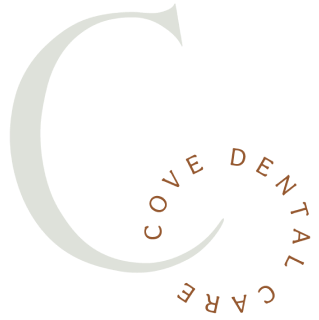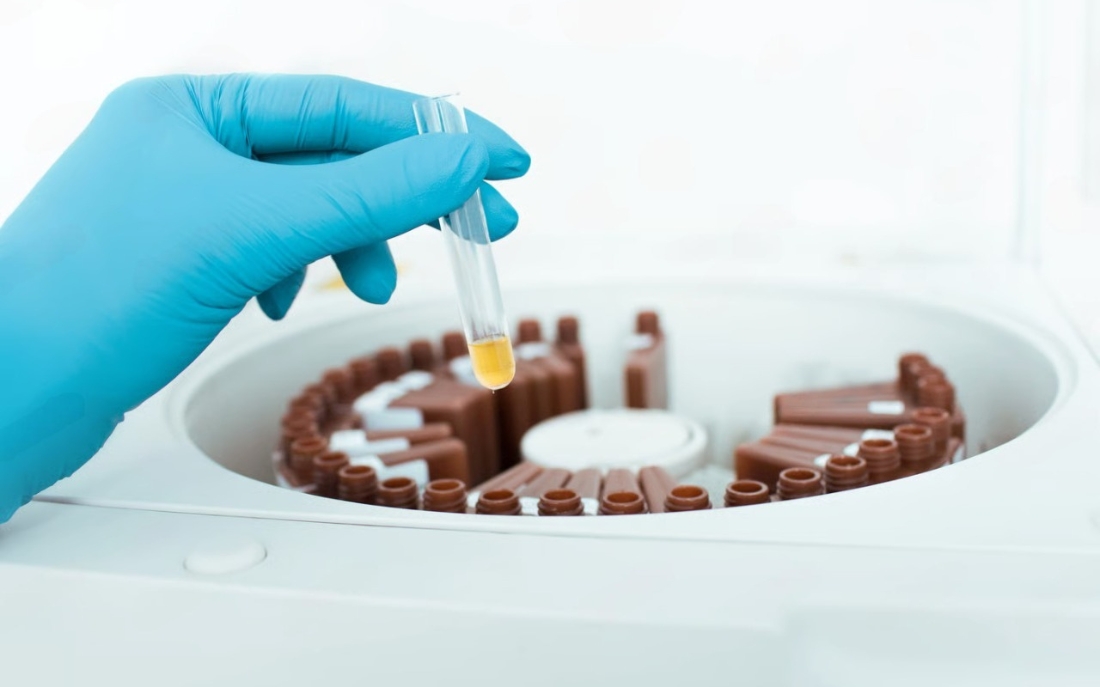What Dental Bacteria Testing Reveals About Your Oral Health?


Oral health is about more than brushing and flossing; it’s about understanding what’s happening beneath the surface. Your mouth harbors a vast ecosystem of bacteria—some are helpful, while others can silently damage your teeth, gums, and overall health.
This is where dental bacteria testing comes in, offering a deep dive into your oral microbiome to uncover potential problems before they escalate.
Let’s explore how dental bacteria testing works, what it can reveal, and why it’s a crucial step in maintaining both oral and systemic health.
What Is Dental Bacteria Testing?
Dental bacteria testing is a modern diagnostic tool used to identify harmful bacteria in your mouth. By analyzing a saliva or plaque sample, dentists can detect specific bacteria that contribute to oral issues such as gum disease, cavities, or bad breath.
How Does The Test Work?
- Sample Collection: Dentists take a sample of saliva or plaque from your gums.
- Laboratory Analysis: The sample is sent to a lab where advanced technology identifies the bacteria present.
- Results & Recommendations: Based on the findings, our dentist devises a personalized treatment plan to address the root causes of your oral health issues.
This simple, non-invasive procedure can reveal hidden insights that even regular dental exams might miss.
Why Is Dental Bacteria Testing Important?
The bacteria in your mouth can impact more than just your smile—they’re also linked to systemic health problems. Testing helps detect risks early and provides a roadmap for targeted treatment.
1. Preventative Care
Dental bacteria testing can catch problems before they manifest. Identifying harmful bacteria early allows for preventive measures, such as enhanced cleanings or targeted therapies, to protect your oral health.
2. Protection Against Systemic Diseases
Research has linked oral bacteria to several systemic health conditions, including:
- Heart Disease: Certain bacteria can enter your bloodstream, causing inflammation in the arteries.
- Diabetes: Poor oral health can worsen blood sugar control.
- Alzheimer’s Disease: Studies suggest a connection between gum disease bacteria and cognitive decline.
By managing oral bacteria, you’re also taking steps to safeguard your overall health.
3. Customized Treatments
Each person’s oral microbiome is unique. Dental bacteria testing allows dentists to create tailored treatment plans based on your specific bacterial profile, ensuring more effective results.
What Can Dental Bacteria Testing Reveal?
1. Early Signs of Gum Disease
One of the most common revelations of dental bacteria testing is the presence of bacteria linked to gum disease, such as Porphyromonas gingivalis and Tannerella forsythia. These bacteria cause inflammation, which can lead to gingivitis or periodontitis if left untreated.
2. Risk of Tooth Decay
Bacteria like Streptococcus mutans and Lactobacillus produce acids that erode tooth enamel, leading to cavities. Testing can highlight your susceptibility to decay, prompting preventative care.
3. Persistent Bad Breath (Halitosis)
Bad breath often stems from volatile sulfur compounds produced by bacteria such as Treponema denticola. Testing pinpoints the culprits so our dentist can recommend targeted solutions.
4. Hidden Infections
Dental infections don’t always cause pain or visible symptoms. Testing can reveal infections lurking below the gum line, allowing for timely intervention.
5. Impact on Restorative Procedures
If you’re undergoing dental implants or other restorative treatments, testing ensures a healthy oral environment to improve the success rate of the procedure.
Step-by-Step Process of Dental Bacteria Testing
- Consultation: Discuss your symptoms, concerns, and oral health history with our dentist.
- Sample Collection: A simple saliva or gum swab is taken during your appointment.
- Laboratory Testing: The sample is analyzed using advanced techniques to identify specific bacterial strains.
- Results Interpretation: The dentist reviews the results with you, explaining which bacteria are present and what they mean for your oral health.
- Treatment Plan: A customized plan is created, which may include:
- Deep cleanings.
- Antimicrobial rinses or gels.
- Lifestyle recommendations.
Who Should Consider Dental Bacteria Testing?
While anyone can benefit from dental bacteria testing, it’s particularly useful for:
- Patients with Gum Problems: Frequent bleeding, swelling, or tenderness in the gums.
- Those with Chronic Bad Breath: Unexplained halitosis could indicate bacterial imbalances.
- Individuals with a History of Cavities: Testing helps prevent future decay.
- People with Systemic Conditions: Diabetes, heart disease, and autoimmune disorders can all be affected by oral bacteria.
- Candidates for Dental Implants: Ensuring a healthy oral environment is critical for implant success.
Benefits of Dental Bacteria Testing
- Early Detection: Catch issues like gum disease and decay before they cause permanent damage.
- Targeted Treatments: Instead of one-size-fits-all solutions, our dentist focuses on the specific bacteria affecting you.
- Improved Oral and Overall Health: Managing oral bacteria reduces the risk of systemic conditions, improving your overall well-being.
- Cost Savings: Preventative care minimizes the need for expensive, invasive treatments down the line.
Tips for Maintaining a Healthy Oral Microbiome
Testing is just the first step—maintaining a balanced oral microbiome requires consistent care.
Daily Oral Hygiene
- Brush twice a day with fluoride toothpaste.
- Floss daily to remove plaque between teeth.
- Use an antimicrobial mouthwash to target bacteria.
Dietary Adjustments
- Reduce sugar and refined carbohydrates, which feed harmful bacteria.
- Eat probiotic-rich foods like yogurt to support healthy bacteria.
- Stay hydrated to promote saliva production, which naturally cleanses your mouth.
Regular Dental Visits
Visit a dentist every 6 months for cleanings and checkups.
In the end, the mouth is the gateway to the body, and the bacteria it contains can have far-reaching effects. Conditions like cardiovascular disease, diabetes, and respiratory infections have all been linked to poor oral health. Dental bacteria testing isn’t just about protecting your teeth—it’s about protecting your entire body.
Dental bacteria testing is a revolutionary tool in modern dentistry, offering unparalleled insights into your oral health. Identifying harmful bacteria and their potential impact empowers you and our dentist to take proactive steps toward a healthier smile and improved overall well-being.
Don’t wait until symptoms appear—schedule a dental bacteria test today to uncover the secrets of your oral health. Early detection and personalized care could make all the difference in preventing future complications. After all, your smile deserves the best!